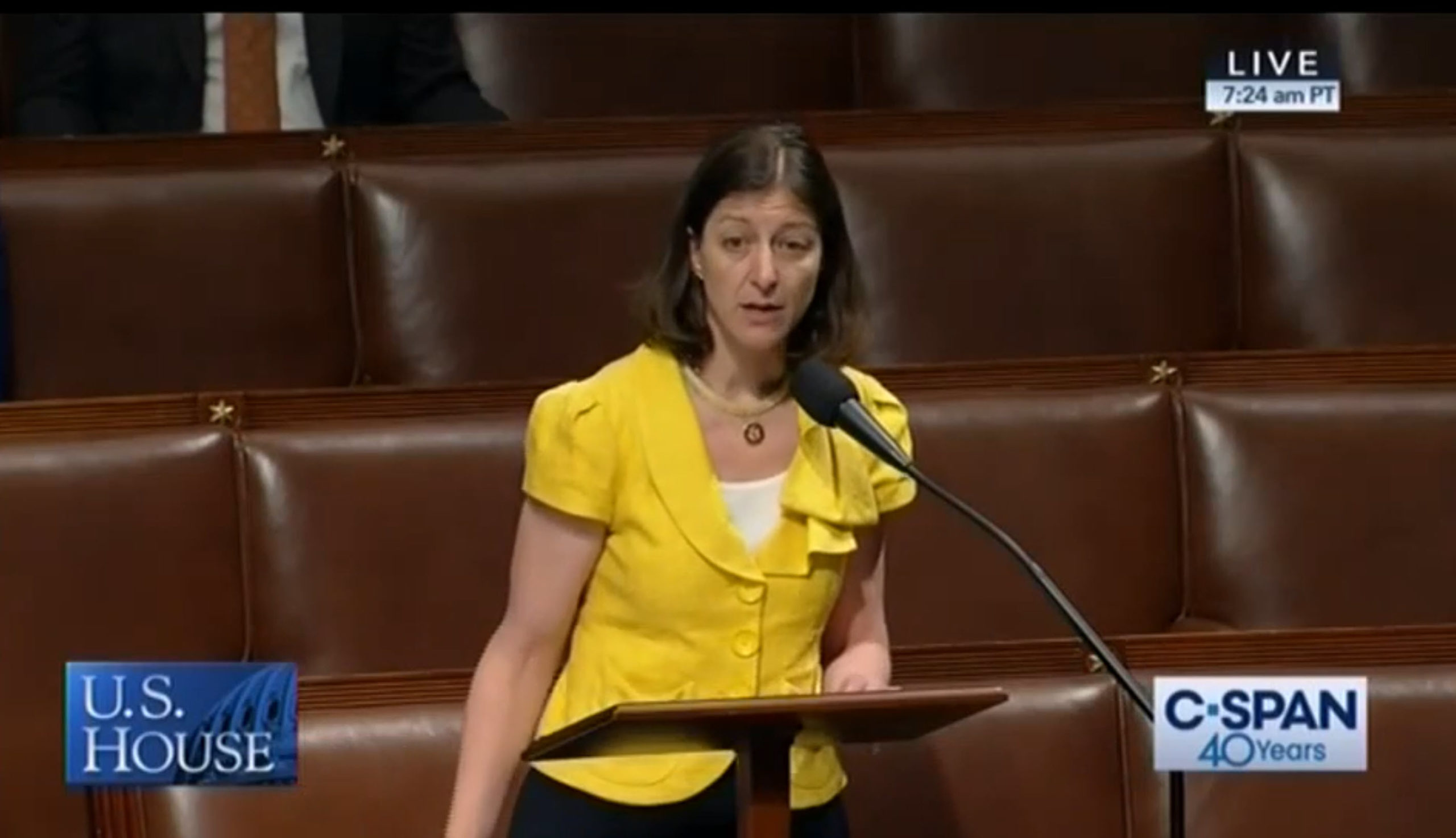Virginia’s Elaine Luria was part of a wave of Democrats elected to the House of Representatives in 2018 after pledging to reject all campaign contributions from corporate PACs. In a debate shortly before her election, she called not accepting corporate PAC contributions “a key tenant” of her campaign. Earlier in the contest, her campaign wrote that Luria is “committed to living her value of reforming campaign finance laws.”
But now that Rep. Luria has been in Washington for a couple years, all of that seems to have changed.
This afternoon, Luria is calling on her colleagues to take up her amendment that would cut the voluntary public campaign financing program for congressional candidates from the Democrats’ landmark democracy reform bill, H.R.1. The public financing provision, which has been supported by Democratic congressional leaders for more than a decade, is arguably the heart and soul of H.R. 1.
The program would let candidates who raise at least $50,000 from at least 1,000 individuals who each give $200 or less choose to receive 6-to-1 public matching funds for all small donations (under $200) that they raise. In exchange, candidates would agree to restrictions including a $1,000 cap on all donations and a limit on how much of their own money they could use for their campaign. The goal is to enable a wider group of people to be able to raise the funds necessary for going up against entrenched incumbents and establishment political figures in elections.
Luria had previously blamed large, corporate-tied campaign contributions for Congress’ failures on issues like drug prices. “There are many obstacles to cutting prescription drug costs, and I think that’s because the leadership in Congress who is there to vote on this and bring this legislation to the floor, they’re accepting thousands if not millions of dollars from prescription drug companies,” Luria said during a 2018 debate with former Republican Rep. Scott Taylor.

